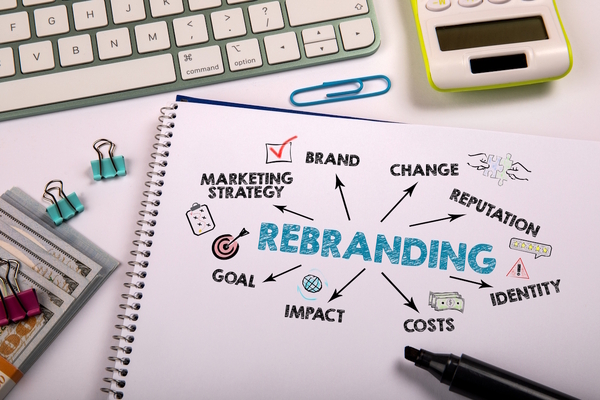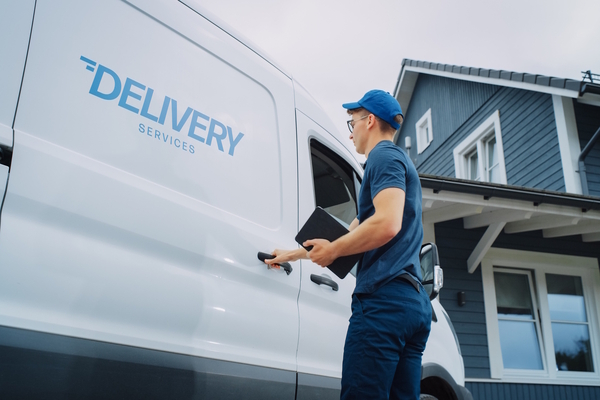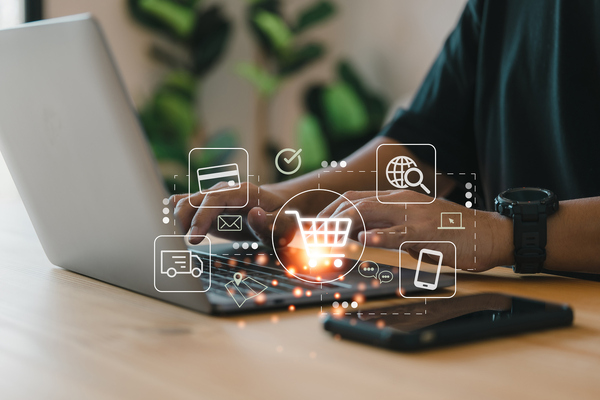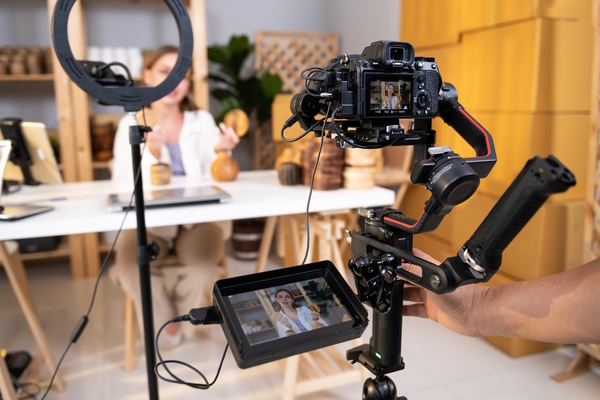Building stronger B2B brands through e-commerce
Sponsored by BigCommerce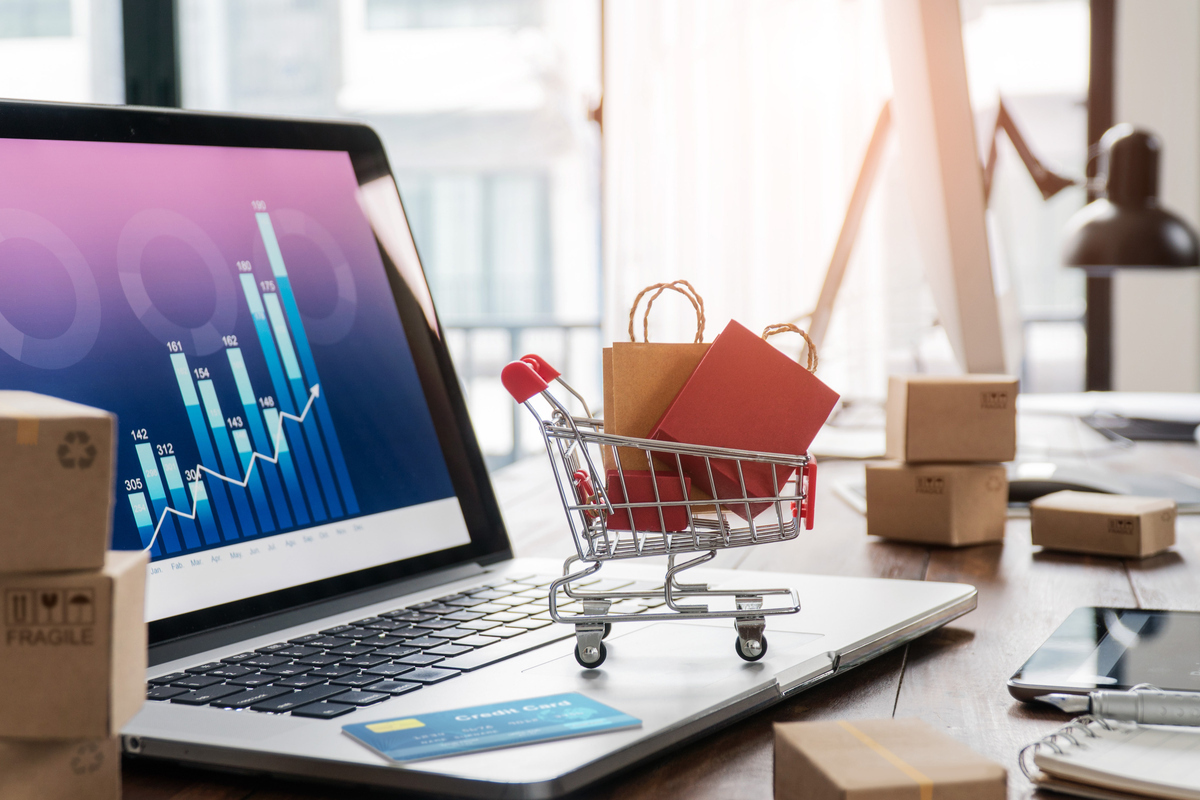
Like any commercial organisation, businesses that sell to other businesses (B2B companies) need to market their products and services.
In the past much of this was done face-to-face or over the telephone, with customers talking to trusted suppliers. Today, of course, almost all companies also use the internet as a sales channel. E-commerce allows them to provide better information (for instance, 360-degree product demos) and to reach more people including international audiences.
However, while B2B companies are starting to make good use of e-commerce, they are not always as effective at using it as consumer-facing (B2C) businesses are. To succeed with e-commerce, B2B companies must close the gap with their B2C counterparts, locating potential customers wherever they are online and providing them with personalised experiences, added convenience and a simple and intuitive way to buy.
The importance of e-commerce
Many of today’s commercial buyers are Millennials and Gen-Zers who have grown up with the internet: they use social media, AI-powered search engines and review sites all the time. Most of them avoid talking to salespeople, preferring to research and buy anonymously using the channel they find most convenient. This frequently means online, with 90 per cent of B2B buyers turning to online channels as their primary method for identifying new suppliers. A recent study by BigCommerce found that 74 per cent of B2B buyers use online platform to transact or purchase.
However, vendors need to understand that B2B e-commerce is changing fast. Increasingly, buyers expect to deal directly with manufacturers rather than through retailers. And the most effective vendors appreciate the growing importance of using every online channel, including social media, to deliver sophisticated personalised messages to highly segmented audiences.
They know that, while B2B brands are often very different from consumer brands, when they buy online, B2B buyers expect to be treated the same as consumers.
Doing it right
B2B brands selling online need to combine two very different requirements. They need operational efficiency to preserve profit levels. But they also need the advanced marketing capabilities they can leverage to grow revenue.
Online sales can facilitate considerable efficiencies and cost savings. Processes such as invoicing can be automated. And customers can be persuaded of the benefits of self-service, leading to further savings as well as enhanced customer satisfaction.
However, more important than operational efficiency is the provision of an excellent customer experience. But companies cannot just copy established best practice from B2C e-commerce to achieve this. The requirements of B2B customers are very different. Invoicing processes and credit checks are more rigorous. Payment options may need far greater flexibility, especially where large deals are concerned. And delivery options are more complex: you can’t just leave a multimillion-dollar piece of equipment on the doorstep.
e-commerce technology must therefore be fit for purpose. The vast majority (85 per cent) of B2B buyers say that they would turn to a competitor if their supplier’s digital channel couldn’t keep up with their needs.
High-quality customer experience
What do buyers expect from an online experience? As well as hygiene factors such as 99.99 per cent uptime and low website loading times, they expect a great customer experience, something that can be achieved by emulating and then adapting appropriate elements of B2C commerce.
Ease of use. The buyer must be presented with a simple interface that is intuitive to use. Buyers must be able to find the products they seek, whatever channel they are using, which means product descriptions must be customisable to allow for effective SEO. Product pages must be easy to navigate, and checkouts must be frictionless, providing sufficient and accurate information at each stage and allowing buyers to pause the buying process whenever they wish.
Personalisation. Meeting the requirements of B2B buyers requires flexibility. Individual buyers can be very different and meeting their needs is complex. Customer needs can vary widely depending on size and industry. Business constraints such as the need for different credit terms will also vary. Vendors therefore need to be able to adapt the online content they display. This can include customised information based on previous behaviour, and personalised information based on customer requests, such as quotes for individual product bundles.
An effective way of managing this complexity is with composable computing where best-of-breed elements of e-commerce from different applications can be combined, an agile approach that enables businesses to follow new trends and tap into new features.
Continuous optimisation. With extensive website configurability, it becomes possible to test and learn quickly and inexpensively. For example, sophisticated A/B and multivariant tests can be run continuously to provide a constant stream of small iterative improvements, gradually ramping up conversion rates.
Powerful analysis. To provide the tailored experiences that will optimise conversion rates, businesses need a deep understanding of their customers and what motivates them. Insights that will drive sales can be derived from the company’s previous purchases, visitor behaviour on the website, external company information and market trends. A single view of the customer provided on an appropriate dashboard will be essential for enabling B2B sellers to understand what is going well and how they can improve.
Breaking into new markets
Once businesses have got the customer experience right, they can use e-commerce to expand into export markets. But to succeed they will need to accept that market conditions are unlikely to be identical. Logistics may be more complicated when exporting, and import rules will likely add further complexity. The ability to customise the website for the new market will be critical.
Culture will also be different. Apart from practical considerations such as price, tax and even availability, the brand may be perceived in a different way, and customers may respond to different things. For instance, a study in France highlighted that companies prioritise the availability of products when choosing B2B online suppliers. In comparison, while product availability is crucial in the USA, other factors such as reliability, pricing and customer service weigh more heavily in the decision-making process. Similarly, Italians often prioritise personal trust in business dealings, emphasising connections, whereas Americans, while valuing relationships, often place more emphasis on efficiency and professionalism.
Simply translating a website from one language to another is therefore unlikely to be effective. Any e-commerce solution needs to be able to allow content customisation for different markets. Web content needs to be localised, not just translated.
Future-proofing your business
B2B e-commerce is complex. Success will come from using leading-edge technologies such as composable development that enable the very best customer experience to be delivered, to each individual customer, whatever they are looking for, wherever they are located. And at the same time as optimising conversion rates, costs can be held in check with automation and opportunities for self service.
However, agility will also be essential as the buyer journey must be able to flex constantly, evolving with the expectation of customers and with new market challenges such as high costs, emerging regulations and fragile supply chains.
With the right mindset, supported by advanced technologies, B2B vendors can now meet these challenges and provide the highly customised content and constantly adapting services that are at the heart of successful business.
Learn how BigCommerce helps to increase the efficiency and effectiveness of e-commerce in the Big B2B Catalogue.

Business Reporter Team
Most Viewed
23-29 Hendon Lane, London, N3 1RT
23-29 Hendon Lane, London, N3 1RT
020 8349 4363
© 2024, Lyonsdown Limited. Business Reporter® is a registered trademark of Lyonsdown Ltd. VAT registration number: 830519543
Join the Business Reporter community today and get access to all our newsletters, and our full library of talk show episodes
Join the Business Reporter community today and get access to all our newsletters, and our full library of talk show episodes
